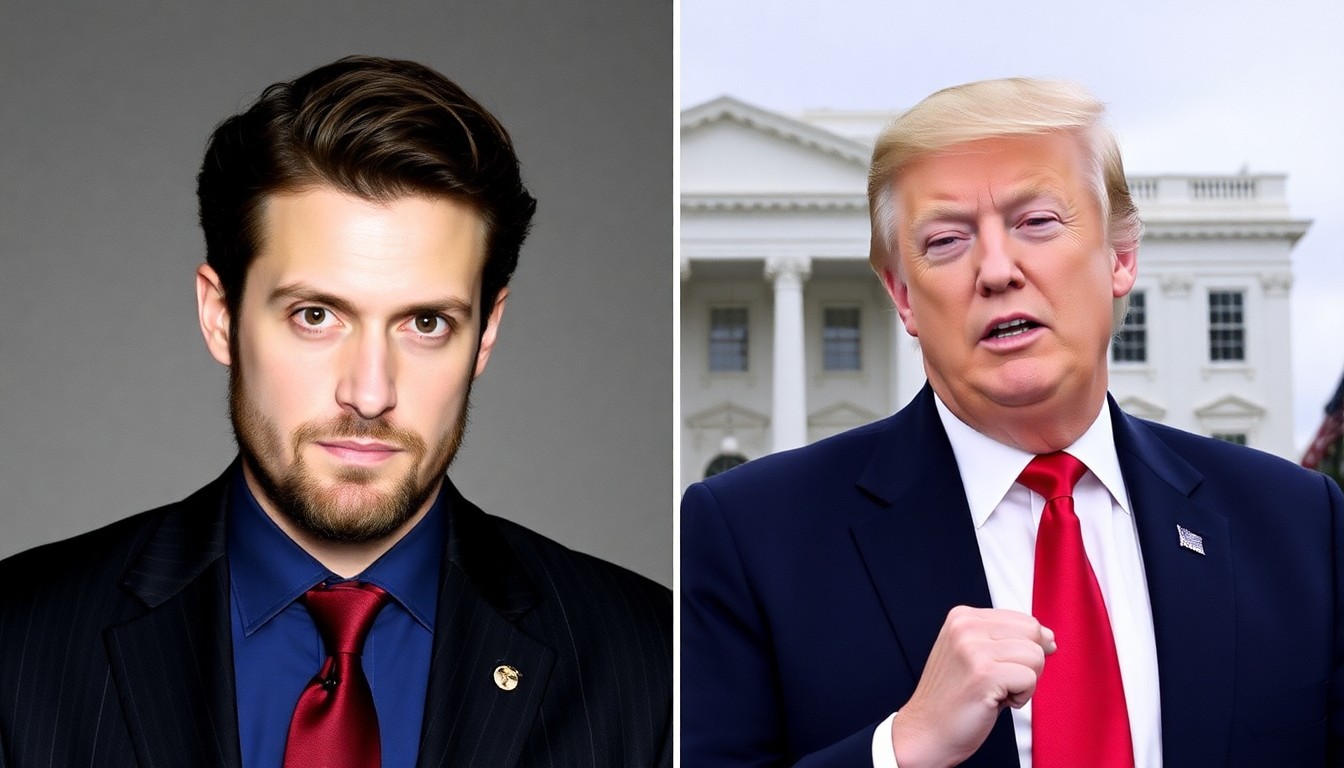
In a surprising turn of events, Ross Ulbricht, the notorious founder of the Silk Road, has been granted a pardon by former President Donald Trump, eliciting a wave of reactions across various sectors of society. This unprecedented decision has rekindled debates about online privacy, digital freedom, and the implications of criminal justice reform.
Ulbricht, who is currently serving multiple life sentences for his role in creating an online marketplace that facilitated the sale of illegal drugs and other illicit goods, was arrested in 2013. His case became a focal point for discussions on the dark web and the challenges of regulating online activities. The Silk Road, operational from 2011 to 2013, was infamous for allowing users to buy and sell stashes of controlled substances anonymously through Bitcoin transactions.
The pardon comes at a time when discussions about the ethics of punishment, addiction, and the criminal justice system have gained renewed importance. Supporters of Ulbricht argue that his actions were a byproduct of a desire for personal freedom and innovation, often framing him as a victim of an overreaching government. They highlight the failure of the War on Drugs and advocate for a more nuanced approach to dealing with such online platforms.
Opponents, however, view the pardon as a troubling signal that could undermine the legitimacy of law enforcement endeavors aimed at curbing drug trafficking and related crimes. Critics assert that Ulbricht’s activities contributed significantly to the opioid crisis and that his release could embolden similar operations in the future.
The public reaction has been polarized, with some echoing calls for Ulbricht's release based on the belief that he successfully created a platform for free trade, while others firmly believe that releasing him would set a dangerous precedent. Many have taken to social media to express their opinions, showcasing a wide range of sentiments from outright support to staunch disapproval of the decision.
As the aftershocks of this pardon reverberate, the implications for future policies surrounding internet regulation, drug use, and personal liberty will likely take center stage in the ongoing national conversation. Advocates for criminal justice reform might see this as a victory, while law enforcement agencies may brace for challenges ahead in their battle against cybercriminals.
Furthermore, Ulbricht’s case has ignited discourse on blockchain technology and its potential applications beyond illicit activities, leading to an ongoing examination of the intricate relationship between innovation and legality in the digital age.
With political dynamics constantly shifting, the long-term impacts of Ulbricht's pardon remain to be seen. While some may view this decision as an opportunity for reflection and change in handling cybercrime, others may see it as a step backward in the fight against drug trafficking and online crime.
#RossUlbricht #SilkRoad #TrumpPardon #DigitalFreedom #CriminalJusticeReform #DarkWeb #OnlinePrivacy #DrugPolicy
Author: John Miller
